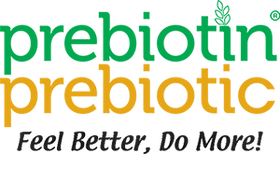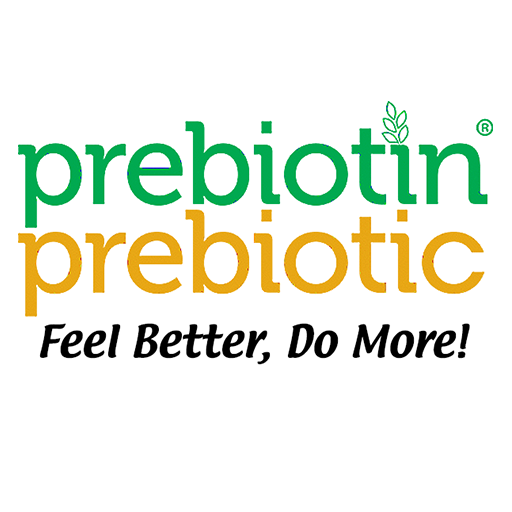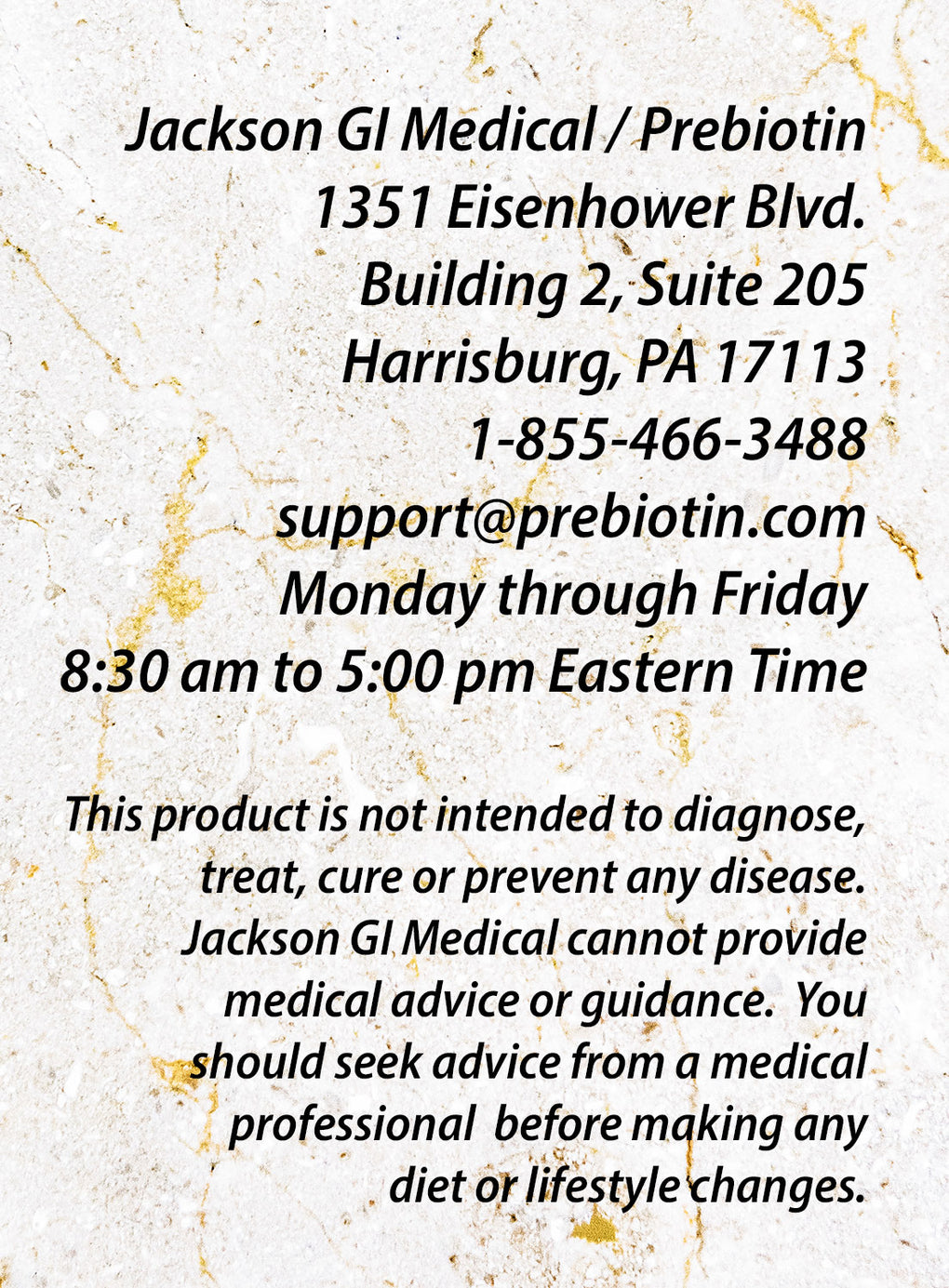
by Dr. Frank Jackson
Prebiotin Academy
Medical Concerns, Scientific Research and Diets
Toxins in the Colon
The Facts
A toxin is a bad substance that you do not want in your body. Most toxins occur in the large bowel or colon. It is here that an enormous number of bacteria live and, if treated properly, provide many health benefits. On the other hand, when a bad mix of bacteria is present in the colon, then toxins can be produced. This bad mix of bacteria is called dysbiosis. You do not want this. Toxins can be of several types:
- Bad chemicals that unwanted bacteria make
- Parts of dead bacteria or whole bacteria themselves that leak through the bowel wall
This leakage of toxins into the bloodstream occurs when dysbiosis is present in the gut. You can change this by getting on low saturated fat diet. There are many conditions where toxins (called endotoxemia in medicine) occur. One is in obesity and type 2 diabetes. The following article shows that toxins are reduced when a prebiotic such as oligofructose-enriched inulin (Prebiotin) are ingested.
Prebiotin reduces blood toxins in obesity and type 2 diabetes
It is common to think that ‘cleansing” the gut in some way will get rid of toxins. This does not happen under any circumstances. Taking laxatives, herbs, enemas or “cleansing” drinks will not change the bacterial makeup of the bowel, In fact, they could actually make it more likely that bad bacteria will thrive after a cleansing program. Instead one should rely on changing the diet to a low saturated fat diet and adding prebiotics and/or a prebiotic supplement to help heal the bowel wall. This will correct a leaky gut which is always present when toxins are in the blood. Here is a recommendation from the Mayo clinic that can guide you.
Explore More
Medical Concerns, Scientific Research and Diets
-
Antibiotics and the Microbiome
-
C. Difficile
-
Calcium and Bone Density
-
Cancer
-
Celiac Disease and Gluten Intolerance
-
Children and Prebiotics
-
Colon Gas and Flatus
-
Colon Polyps and Cancer
-
Constipation
-
Crohn’s Disease
-
Diabetes Type 2
-
Diarrhea
-
Diverticulosis
-
Dysbiosis
-
End Stage Kidney Disease/Dialysis
-
Fatty Liver/Steatohepatitis
-
Fissure, Fistula and Abscess
-
Gut-Brain Connection
-
Heart and Cardiovascular
-
Hemorrhoids
-
High Fiber Diet
-
Immunity
-
Inflammatory Bowel Disease
-
Irritable Bowel Syndrome
-
Leaky Gut Syndrome
-
Low Fat Diet
-
Low Fiber Diet
-
Obesity and Weight Management
-
Toxins in the Colon
-
Ulcerative Colitis





